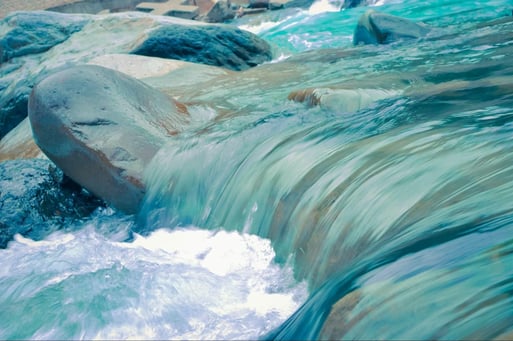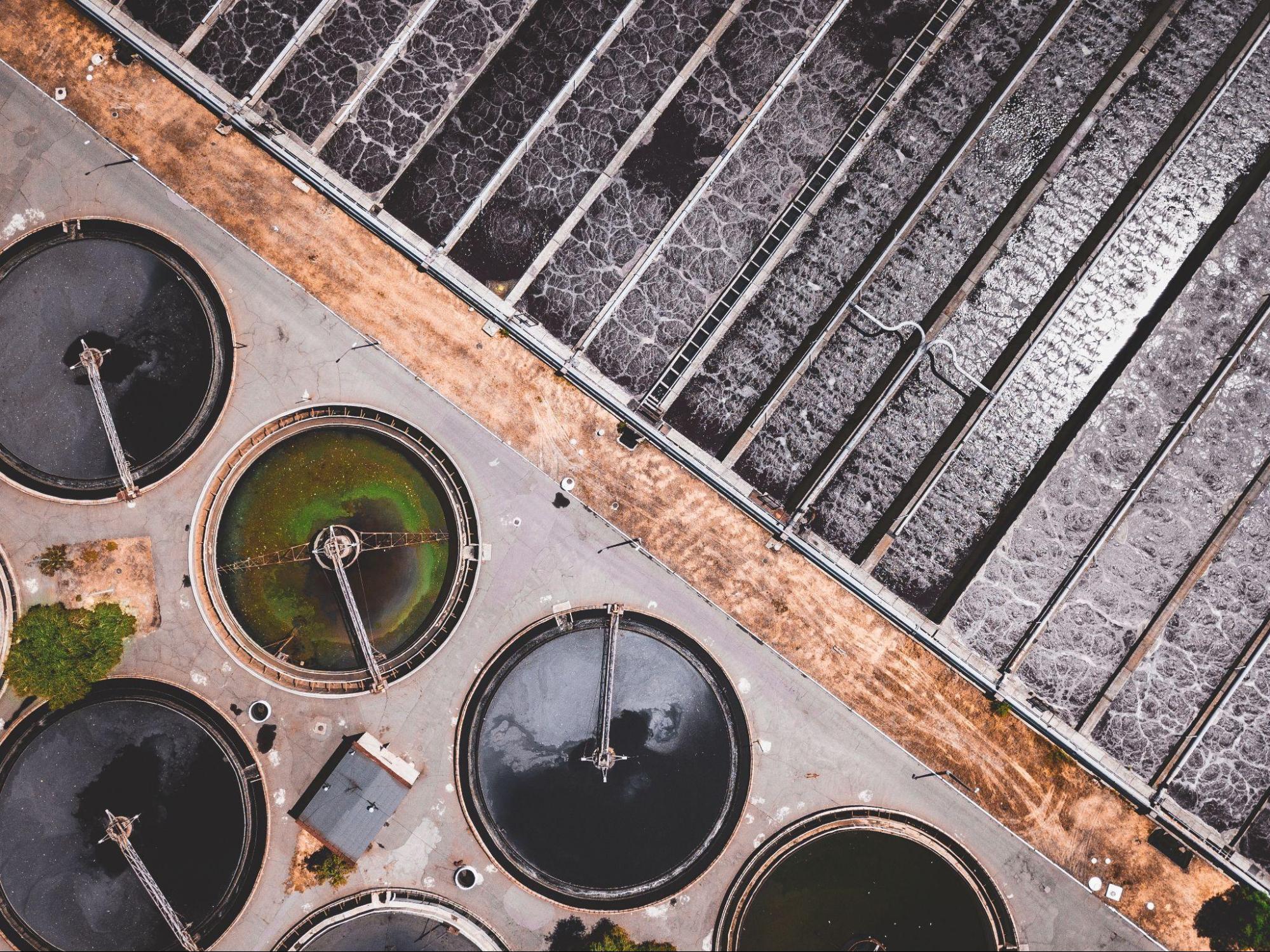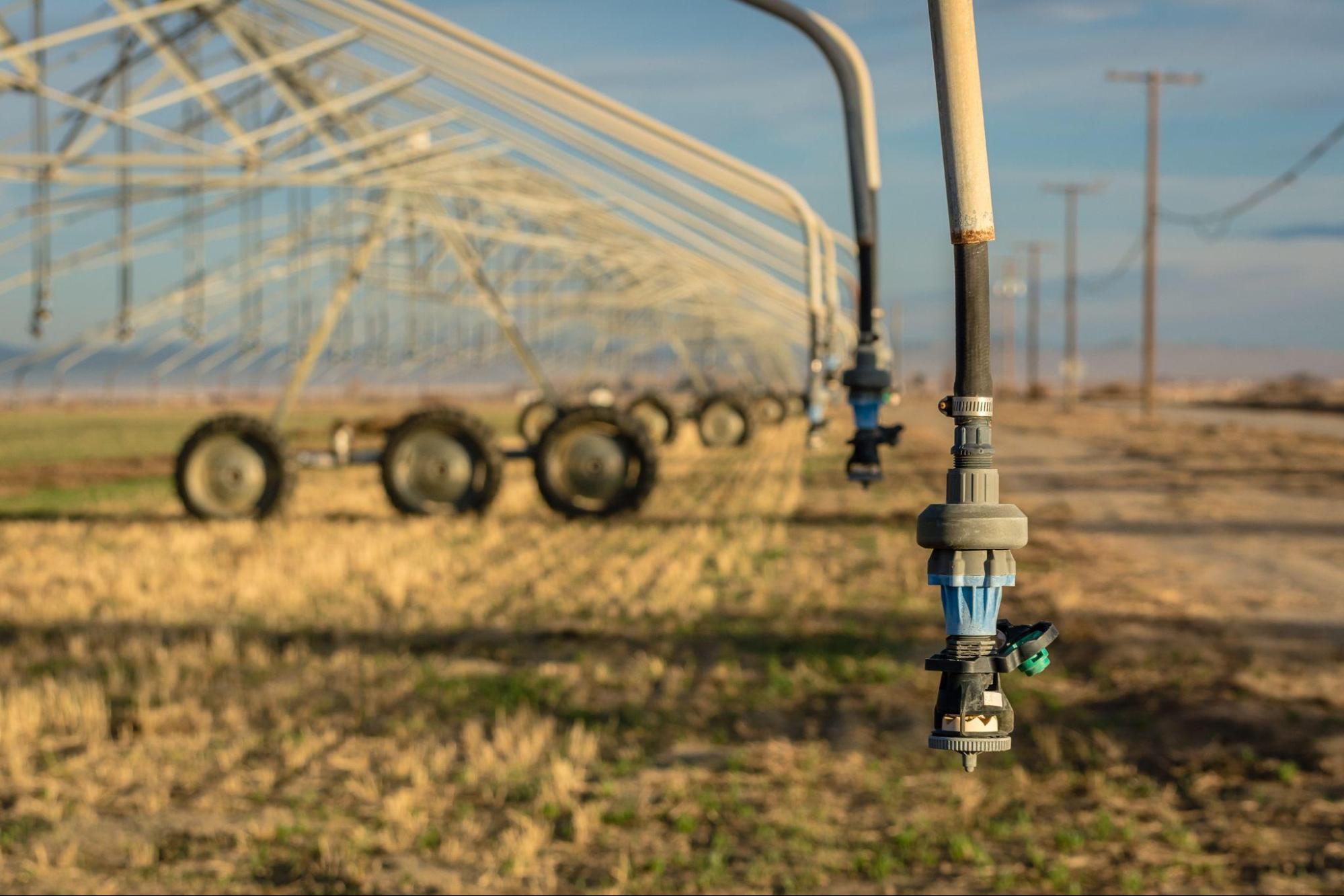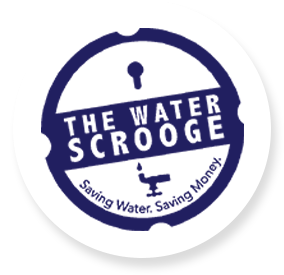3 min read
The Future of Water Conservation Products: Innovations and Trends
![]() David Schwartz
Apr 24, 2023 4:14:57 AM
David Schwartz
Apr 24, 2023 4:14:57 AM

There is reason to be optimistic about the future of water conservation. Despite the significant challenges we face regarding water scarcity, flooding, and pollution, there are numerous exciting new products and technologies emerging that are specifically designed to address these issues. These innovative solutions can help us make significant progress in conserving water and protecting our environment.
As landlords, we have a unique opportunity to play a vital role in promoting and adopting these new approaches. By embracing sustainable practices and investing in the latest technologies, we can help build a more sustainable future for ourselves and our communities.
Climate change and the expanding needs of a growing global population have created the need for focused attention on the water supply. With only a tiny percentage of the world's water being drinkable and accessible, protecting and conserving what we have has become a top priority. Individually and collectively, we have come to realize that the work of caring for our water is for all of us.
Fortunately, many new companies and organizations have stepped to the forefront with technologically advanced products and innovative ideas to make the work of water management efficient, effective, and convenient.
Related: Saving Money and Water with Water Conservation Products for Your Toilet
The Newest Innovations & Trends in Water Conservation Products
To say that water conservation is an area of exciting innovation, is an understatement. The high priority of protecting and preserving the world's clean water, as well as protecting against flooding and droughts, has necessitated many interesting technological applications.
Following are just a few:
Water Saving Technology
The planet is 97% covered by oceans and large bodies of water. This might give you false confidence in the amount of water at our disposal. The shocking realization that only 0.5% of the planet's water supply is fresh and accessible necessitates the development of water-saving technology.
Companies have developed high-efficiency and water-saving toilets, shower heads, taps, washing machines, and dishwashers to conserve water. They are designed to restrict water flow into and within the device and ensure that water is optimally used so nothing is wasted.
An example of this remarkable innovation is shower regulators. Your tenant's average shower time is 8 - 10 minutes, and can use up to 50 gallons of water! So, installing low-flow shower heads can significantly affect the amount of water used and the cost of that water. You can choose between a couple of types of devices to consider - low-flow spa shower heads or tamper-proof shower fixtures. Either is capable of reducing the amount of water used without limiting the pleasant shower experience of your tenants.
Related: 9 Types of Water Conservation Technologies Landlords Are Raving About
Are you a landlord looking for innovative and effective water conservation devices? Visit The Water Scrooge to learn more.
Advanced Filtration
Since so much of the world's drinkable water supply is becoming increasingly scarce, advanced water filtration systems are in demand. One breakthrough is in the area of applying nanotechnology to filtration systems. Often, water contains difficult-to-filter micropollutants. However, nanocomposite membranes have greater permeability, flux, and selectivity than other filtration devices.
Another trend in advanced filtration is biological filtration. This method uses bacteria to cleanse water and convert energy from oxidation into electricity. This is especially exciting because it combines economic water conservation with energy-saving and energy-producing activities.

Digital Water Management
As the demand for our water supplies and our environmental issues have increased, we see that our old methods of water conservation are not as effective. Digital water management allows for remote monitoring and control and is available in the forms of AI, IoT sensors, etc.
Situational scenarios are modeled and visualized with techs like GIS (geographical information systems), AR/VR (augmented and virtual reality), and digital twins. This is valuable because it allows for the prevention of damage and the identification of anomalies.
Additionally, the speed and security of data systems are increased by blockchain technology, 5G, and cloud technologies.
5G Management
We're familiar with 5G technology when it comes to smartphones, but it also has much broader applications. This technology facilitates the connection of millions of devices in some small area. So, with 5G, data-based water management, smart data transformation, and fast data collection can aid the work of water conservation devices and processes globally.
AI Management
AI, along with ML (machine learning), is set to offer significant improvements to the work of water conservation. AI increases the accuracy of real-time information and computational speed, enabling better decisions in infrastructures.

Related: Top 3 Benefits Of Water Consulting Services
Smart Irrigation
Water conservation measures include ensuring that water is optimally used in the farming industry with smart irrigation. Networks can use remote sensors, soil moisture sensors, local weather data, rainfall shutoff devices, and remote meters to manage the efficient use of water.
Wastewater Management
Since wastewater is untreated before it is flushed or otherwise discharged, it has the potential to pollute freshwater reserves. Technologies like advanced oxidation processes, biological and anaerobic remedies, and adsorption/biosorption have all proved effective in recovering spent water. Pollutants can be absorbed using these technologies with solar irradiation.
Flood Monitoring Systems
Ironically, in the same time that we are dealing with global issues of water scarcity, we are also dealing with extreme flooding in some areas. Global warming has made droughts and floods increasingly likely to occur. Flood monitoring systems that forecast and perform catastrophe modeling are necessary for the protection of people, animals, and land. With scenario modeling, organizations and governments can implement property protectors, water gates, flood blocks, and dams quickly and effectively.
Monitoring systems may also include the use of drones, satellite systems, weather radars, and LiDAR mapping to collect and analyze data.
The Future of Water Conservation
While concerns about the planet's future water supply can seem overwhelming, there is also much to be excited about. Companies are developing vital products that are responding to the issues in sustainable and efficient ways.
Are you considering water conservation products for your properties? Visit The Water Scrooge to learn all about our innovative line of products.

